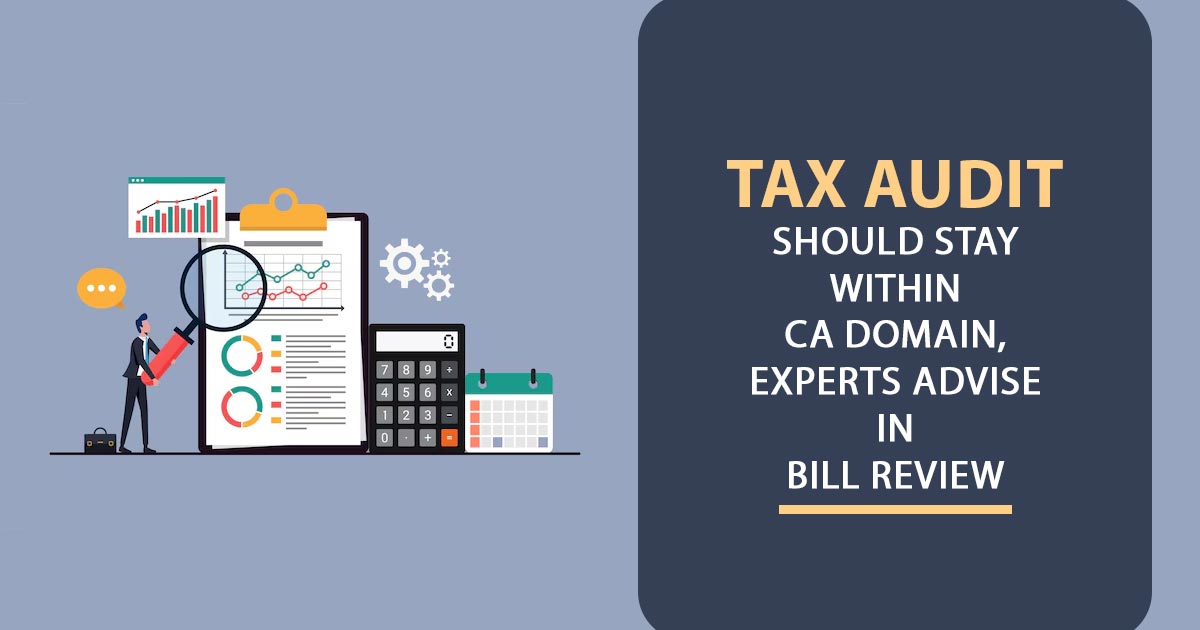
In a submission before the Parliamentary Committee examining the draft of the new Income Tax Bill, experts and stakeholders have recommended that the definition of “accountant” u/s 288 of the Income Tax Act be left unchanged.
The focus was placed on preserving the right of Chartered Accountants (CAs) to conduct tax audits under section 44AB.
Against the rising pressure from other professional bodies, along with the company secretaries seeking eligibility for conducting tax audits, one of the experts cautioned. The witness specifies that these professionals are capable in their respective domains, but do not have the core taxation and audit expertise needed for the same specialised role.
The submission discussed the legislative framework that regulates professional qualifications in accounting and finance. This includes key acts such as the Chartered Accountants Act of 1949, the Cost and Works Accountants Act of 1959, and the Company Secretaries Act of 1980, which clearly define the scope of each profession.
It was highlighted that Chartered Accountants (CAs) refrain from performing functions that are specifically designated for cost accountants or company secretaries. This professional boundary needs to be mutually respected, particularly in the context of tax audits, to maintain integrity across these professional domains.
The stakeholders referenced judicial precedents, particularly the Supreme Court’s decision in T.D. Venkata Rao vs. Union of India, to support their position. They contended that Chartered Accountants (CAs) have a unique skill set for conducting audits, which stems from their extensive training, thorough examinations, and required practical experience.
As per the submissions, the global practices mark that tax audits are reserved for Certified Public Accountants (CPAs) and Chartered Accountants, in countries like the United States and the United Kingdom, respectively. Permitting the non-CAs to perform tax audits in India, it was claimed that it would weaken audit integrity, reduce public trust, and bring inconsistency with global tax administration norms.
Read Also: Basic Key Components to Review After Income Tax Audit
Experts have expressed concerns that broadening the definition of ‘accountant’ may lead to negative consequences for audit quality. This change could undermine stakeholder confidence and create regulatory confusion, particularly as India’s tax governance is shifting toward increased transparency and compliance.
Since the government is proposing the Income Tax Bill, 2025, this submission specifies a preference for keeping the current legal and professional safeguards that entrust the tax audit operation only to the Chartered Accountants.









